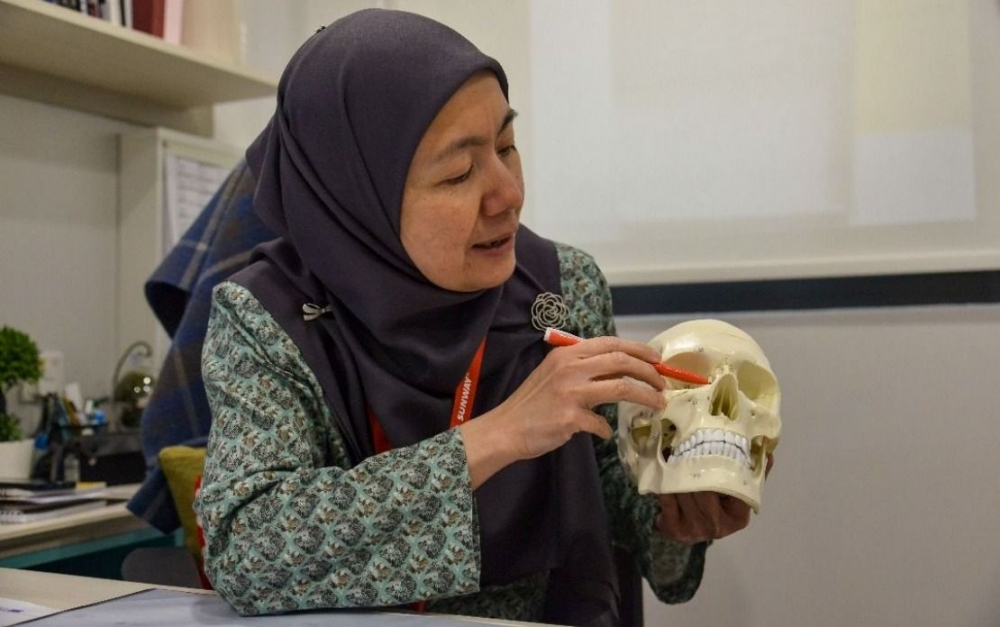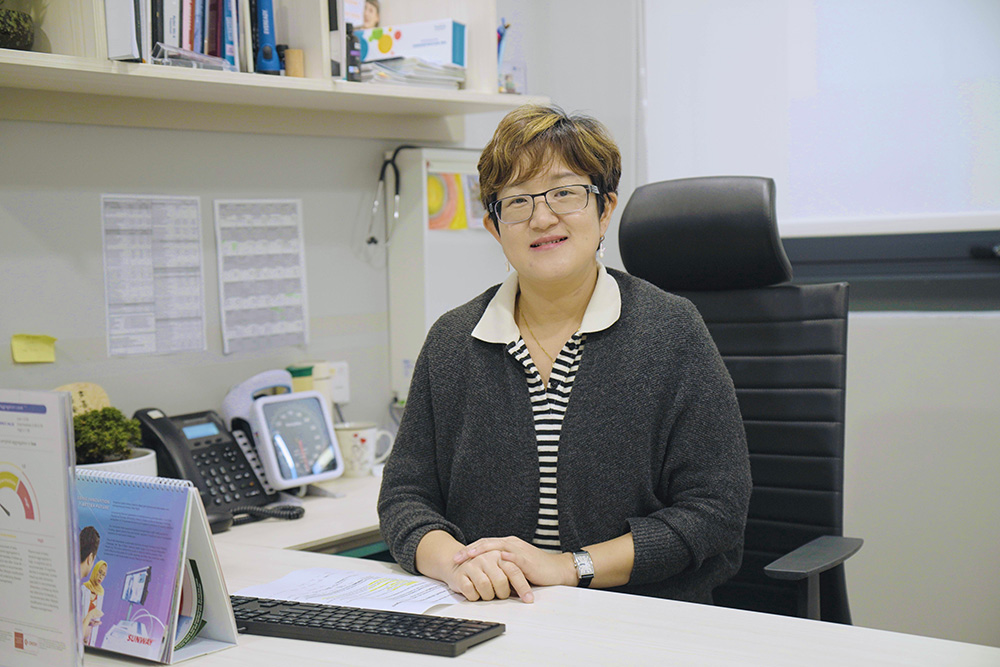Understanding Dementia: A Guide for Families and Caregivers

We all forget things now and then—misplacing keys, forgetting a name, or walking into a room and wondering why. But when memory lapses start to affect daily life, it could be something more serious. Dementia is not a single disease, but rather a general term for a group of symptoms that interfere with thinking, memory, and the ability to carry out everyday activities.
What Exactly Is Dementia?
Dementia refers to a decline in cognitive function that goes beyond the normal ageing process. It can affect memory, language, problem-solving, judgement, and even aspects of personality. While Alzheimer’s disease is the most common form — particularly in older adults — several other medical conditions can cause similar symptoms.
Importantly, not all memory loss indicates dementia. Some cognitive changes may result from treatable causes such as vitamin deficiencies, thyroid disorders, or medication side effects. That’s why early evaluation is essential — it can make a meaningful difference in care and quality of life.
Let’s understand more with Dr. Kok Huey Tean (Ellie), Consultant Neurologist and Internal Medicine Physician at Sunway Medical Centre Velocity, as she helps patients navigate concerns about memory, ageing, and cognitive health with care and clarity.
Recognising the Symptoms
Dementia symptoms can vary depending on the underlying cause, but some of the more common signs include:
Cognitive changes:
-
Short-term memory loss that others notice first.
-
Difficulty finding words or following a conversation.
-
Getting disoriented or lost in familiar places.
-
Struggling with planning, organising, or managing daily tasks.
-
Trouble with judgement or problem-solving.
Psychological changes:
-
Mood swings, anxiety, or depression.
-
Changes in personality or behaviour.
-
Increased agitation or confusion.
-
Seeing things that aren’t there (hallucinations) or feeling suspicious (paranoia).
These signs often go unnoticed at first, or are mistaken for stress or fatigue. But when these changes begin to disrupt someone’s independence, it’s time to seek medical advice.
How Is Dementia Diagnosed?
A proper diagnosis starts with a doctor asking about the person’s symptoms, medical history, and any medications being taken. Tests may include:
-
Memory and cognitive assessments
-
Blood tests to rule out other causes
-
Brain imaging (CT or MRI) to detect physical changes
Can Dementia Be Treated?
While most types of dementia are not curable, treatments can help manage symptoms and slow progression. These may include:
-
Medication to improve memory and attention
-
Behavioural support to reduce anxiety or aggression
-
Occupational or speech therapy
-
Lifestyle adjustments like regular exercise, balanced nutrition, and mental stimulation
For dementia caused by treatable conditions (like thyroid disorders or vitamin deficiencies), addressing the root cause may significantly improve thinking and mood.
Is Dementia the Same as Alzheimer’s?
Not quite. Think of dementia as an umbrella term. Alzheimer’s disease is the most common cause, but there are many other conditions that lead to dementia. Knowing the exact type helps doctors tailor treatment more effectively.
What Can Families Do?
Caring for someone with dementia is a journey. It requires patience, knowledge, and emotional support. Here’s what helps:
-
Learn as much as you can about the condition
-
Set up routines and safety measures at home
-
Join support groups to share tips and connect with others
-
Don’t hesitate to ask for professional help when things feel overwhelming
Early diagnosis means you and your family have time to plan, adjust, and focus on preserving quality of life—for as long and as fully as possible.
If you’re concerned about a loved one’s memory or behaviour, don’t wait. Reach out to our Neurology Specialists or book a consultation at the Neuroscience Centre to get expert support.
这篇文章对您有帮助吗?
有0 位用户在 0 位中觉得这很有帮助。
Suggest to Read










